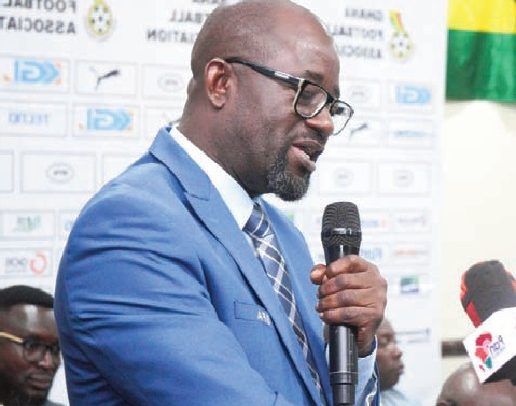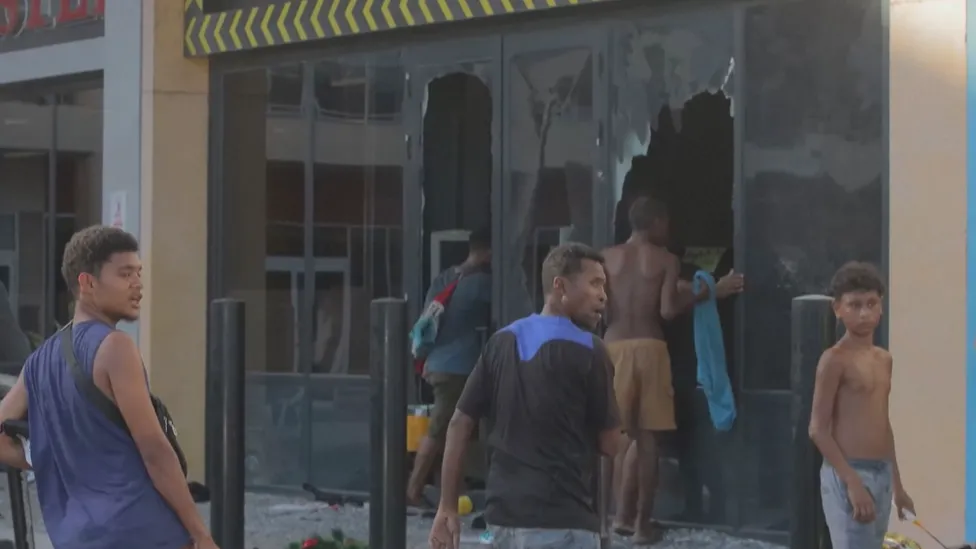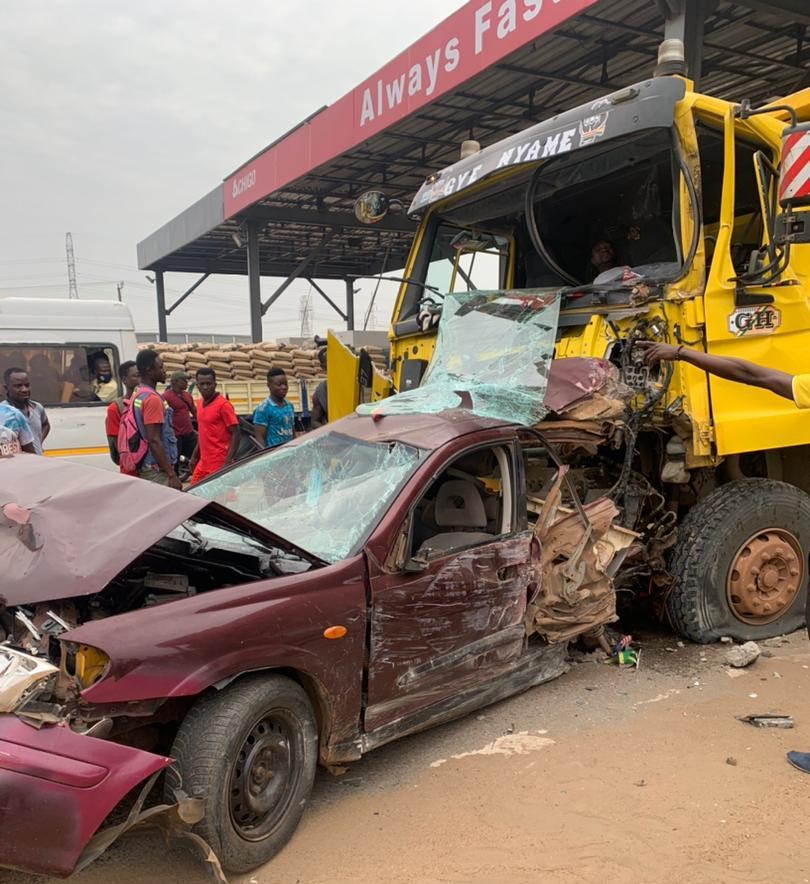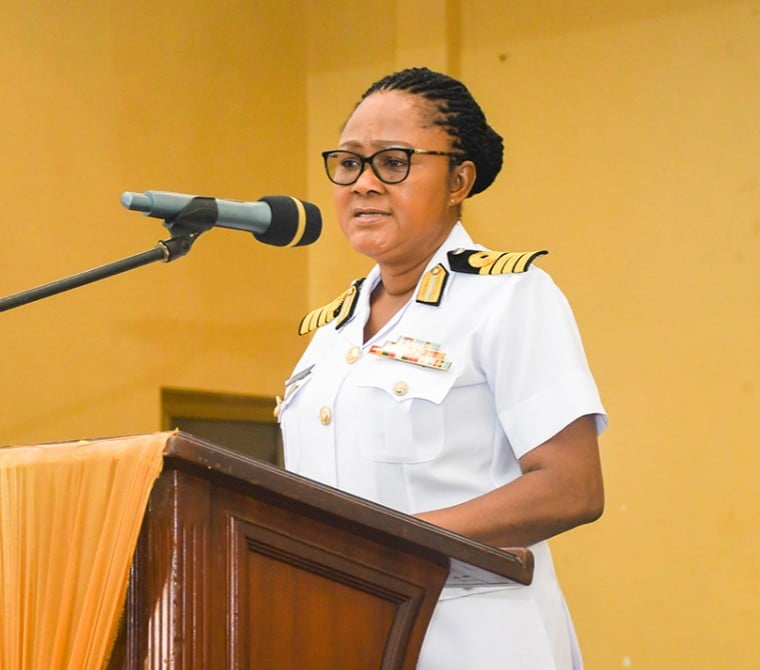
At least 30 people were injured in clashes between opposition supporters and security forces in central Guinea, medical sources and witnesses said on Wednesday, after an opposition leader said his car was hit by gunfire a day earlier.
Opposition leader Cellou Dalein Diallo, a chief rival of President Alpha Conde, on Tuesday said his vehicle was struck by a police bullet during a banned rally in the capital Conakry over disputed municipal elections.
Police denied Diallo's allegations, but a teenager was later killed during clashes between opposition youths and police in the capital. His family said he had been shot by police.
Protests erupted on Wednesday after a meeting of Diallo's UFDG party in Labe, his hometown and an opposition stronghold, 400 km (248 miles) north of Conakry, local party officials said.
"There are at least 30 wounded among the demonstrators who we first received at the party headquarters before sending them to the regional hospital or private clinics," said Dr. Saliou Malal Barry, who runs a private clinic in the town.
Youths set up barricades and burned tires on several main routes in Labe to protest what Diallo had called an attempt to assassinate him.
"We are ready for everything," local UFDG representative Mamadou Dian Fadiga said.
Local police official Amadou Camara said youths had taken to the streets, causing disturbances and forcing local businesses to shut down.
"They were attacking everything close to them or anything appearing to be linked to the state and it took a massive deployment of security forces to calm the city centre," Camara said.
Tensions have been high in the poor West African country since the death on October 16 of a protester during a two-day opposition campaign aimed at bringing Conakry to a standstill.
The opposition claims Conde's government has reneged on a deal to install new officials elected in the contested February 4 municipal ballot, the first such vote since the end of a military dictatorship a decade ago.
Authorities have started to install new municipal officials, with the opposition accusing the government of bribing some to keep control of local councils across the former French colony.
The municipal elections had been repeatedly delayed because of political infighting and the Ebola crisis in 2013-16.
Read Full Story
























Facebook
Twitter
Pinterest
Instagram
Google+
YouTube
LinkedIn
RSS